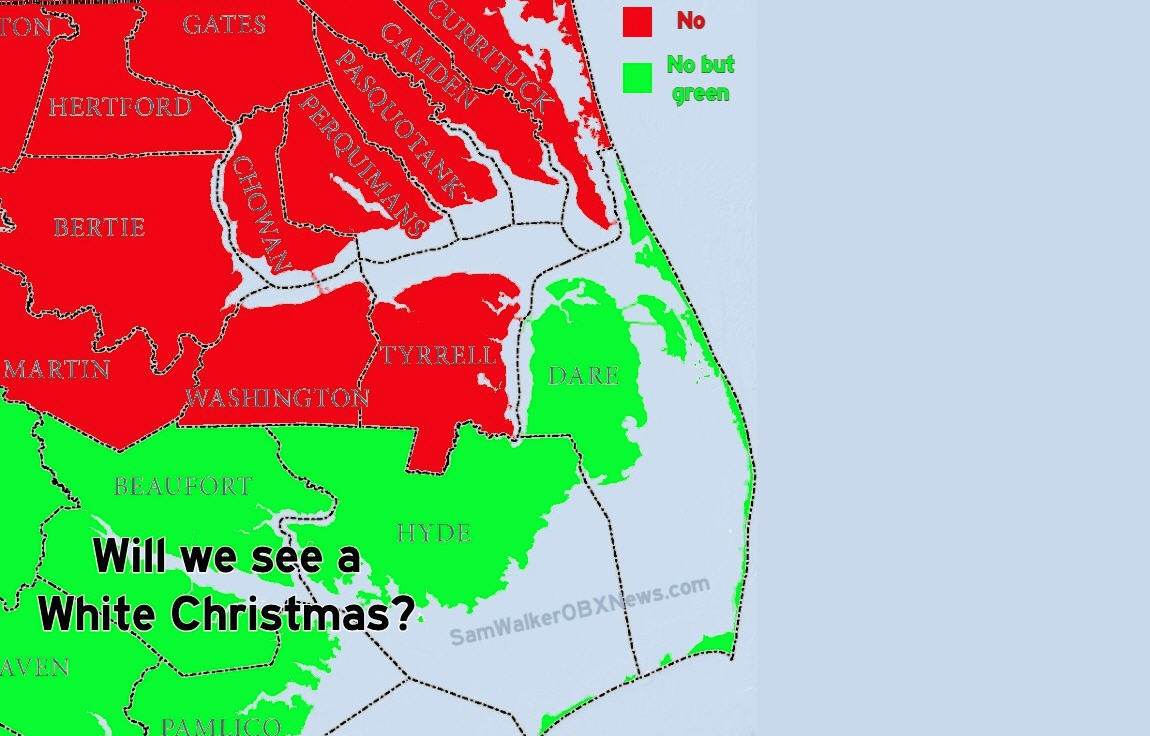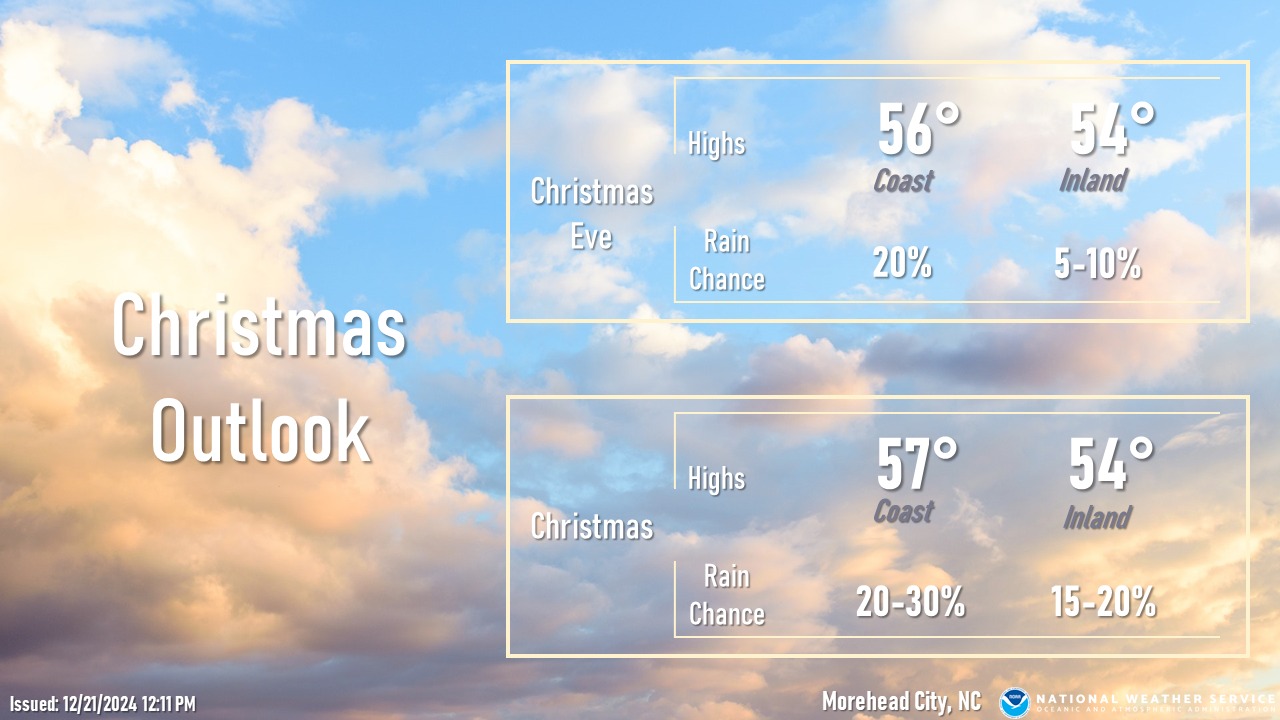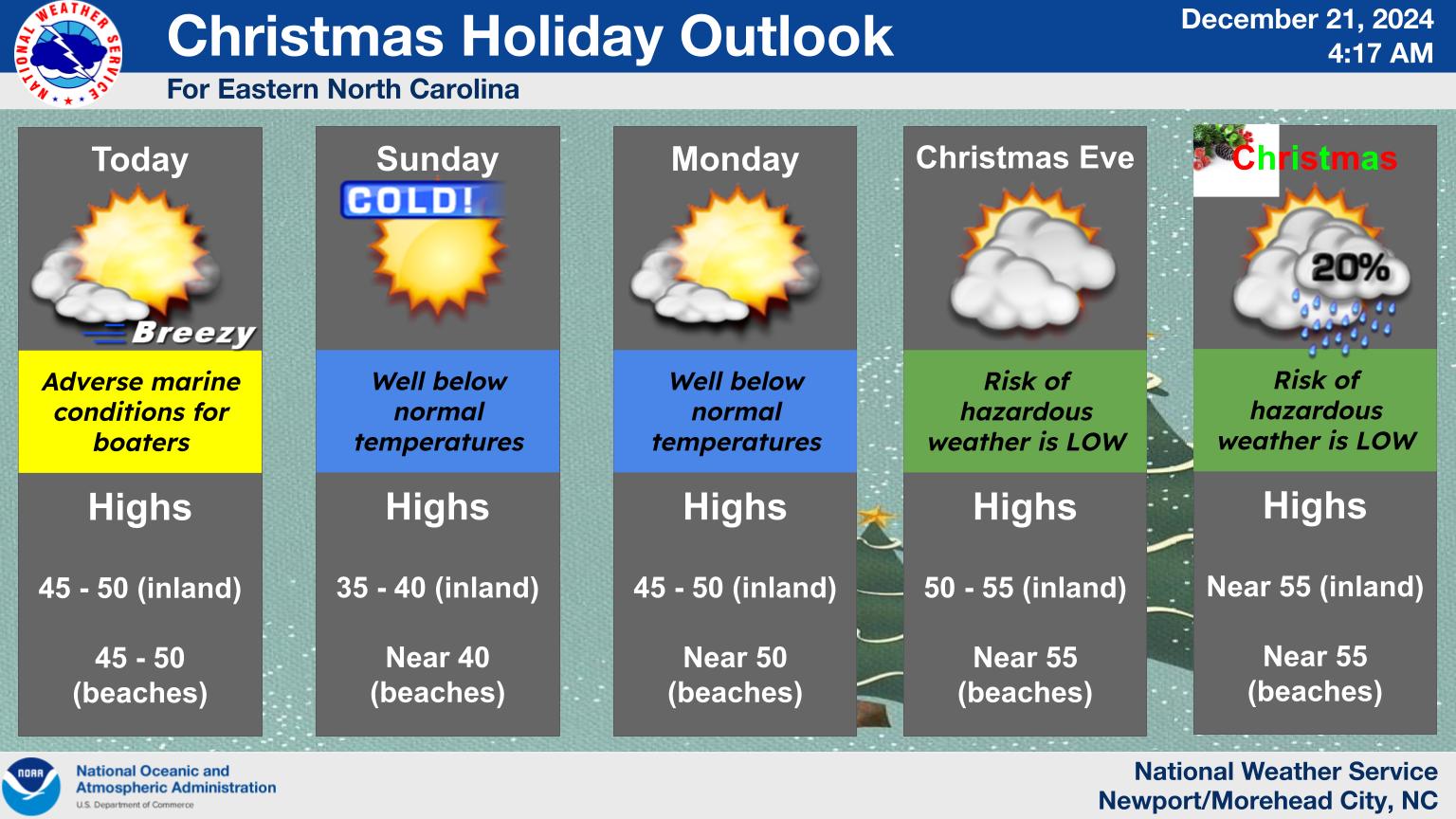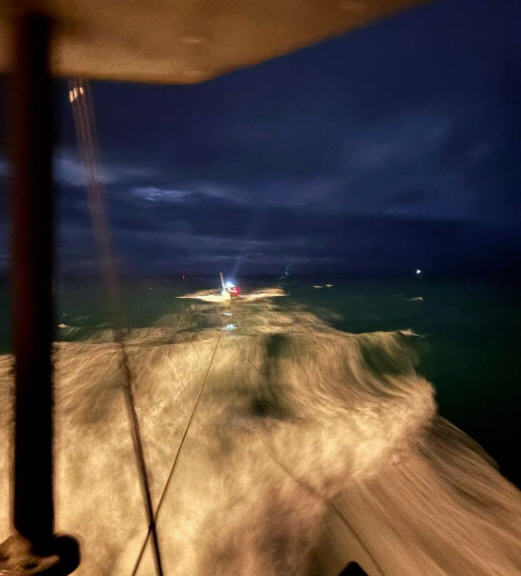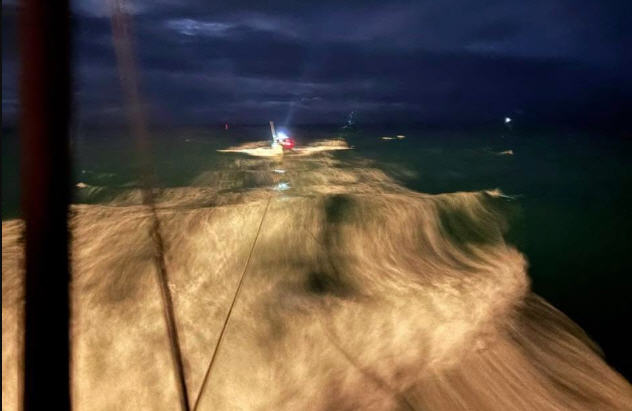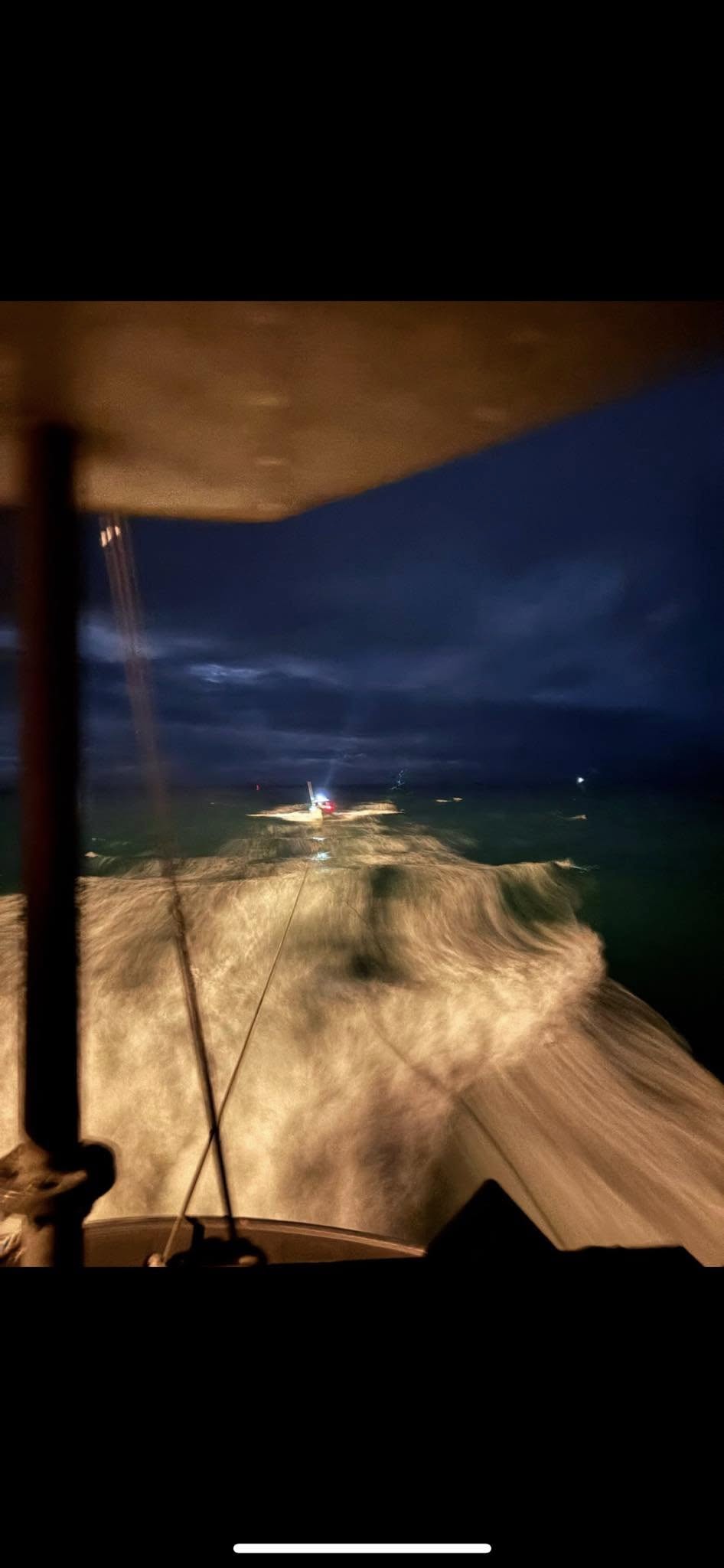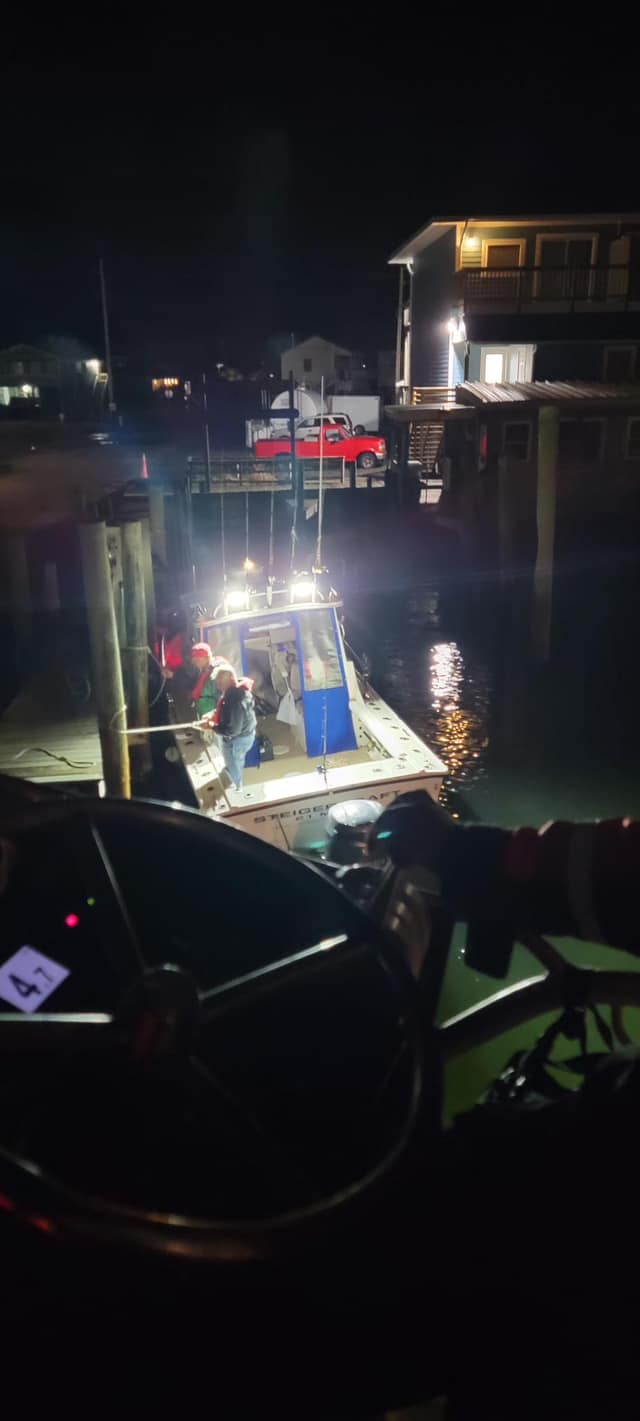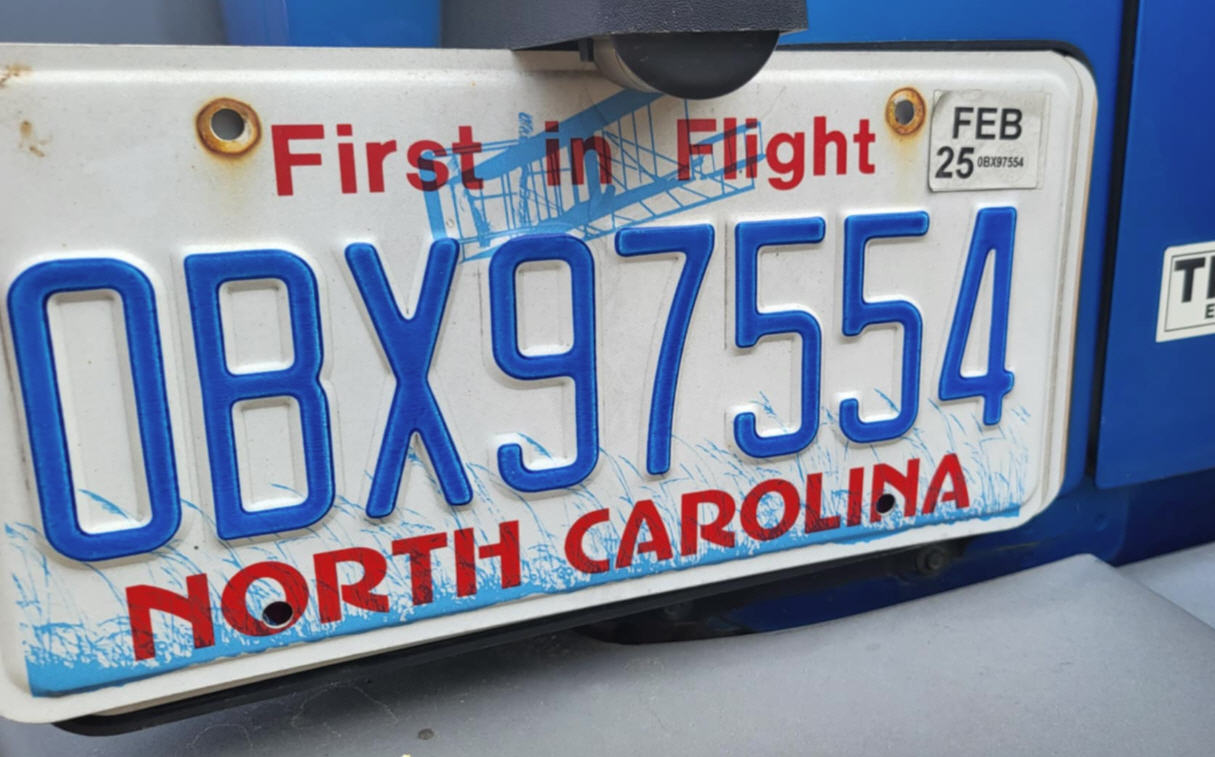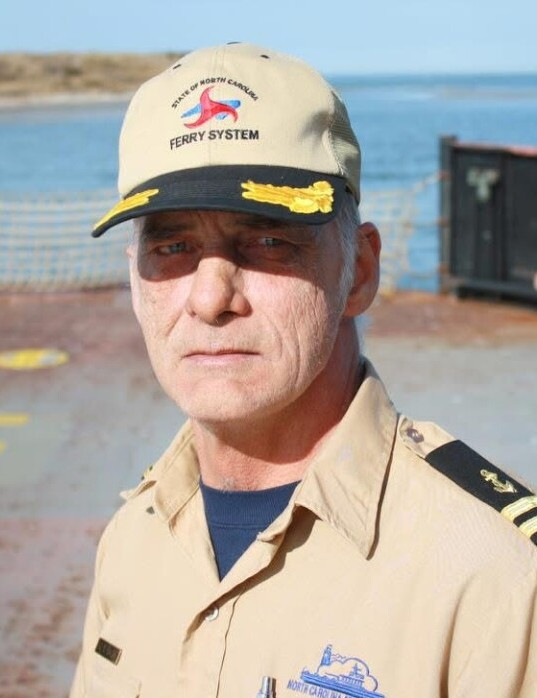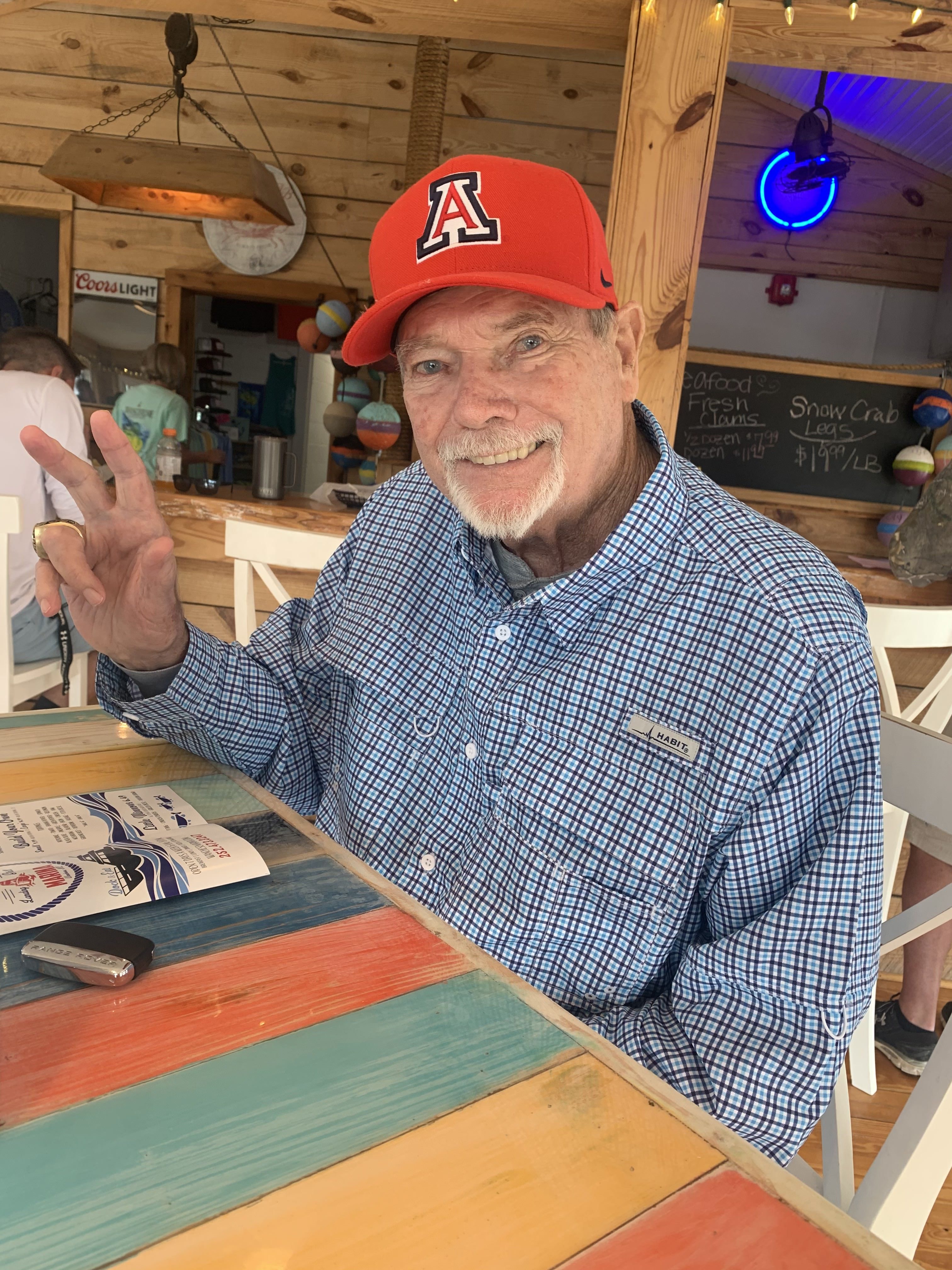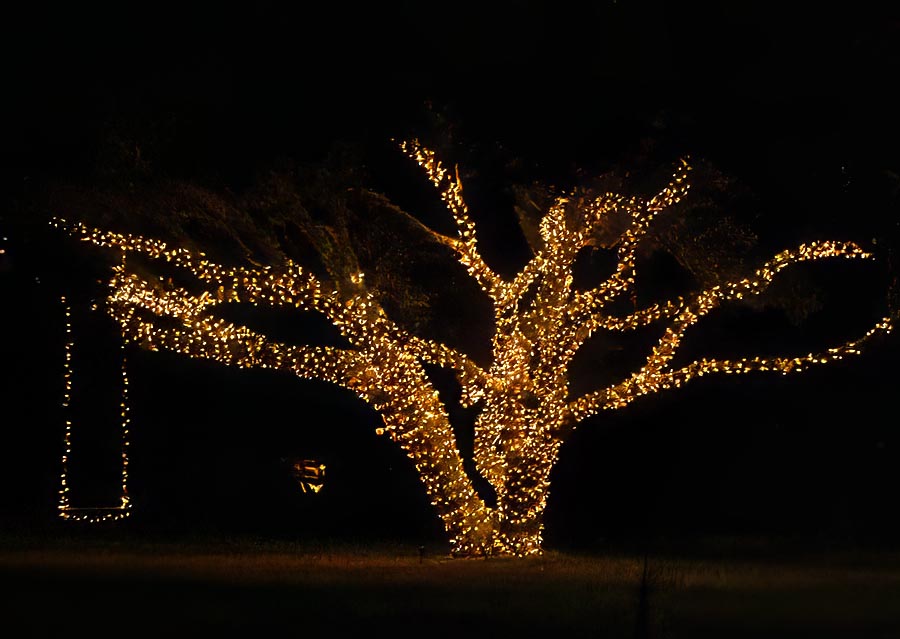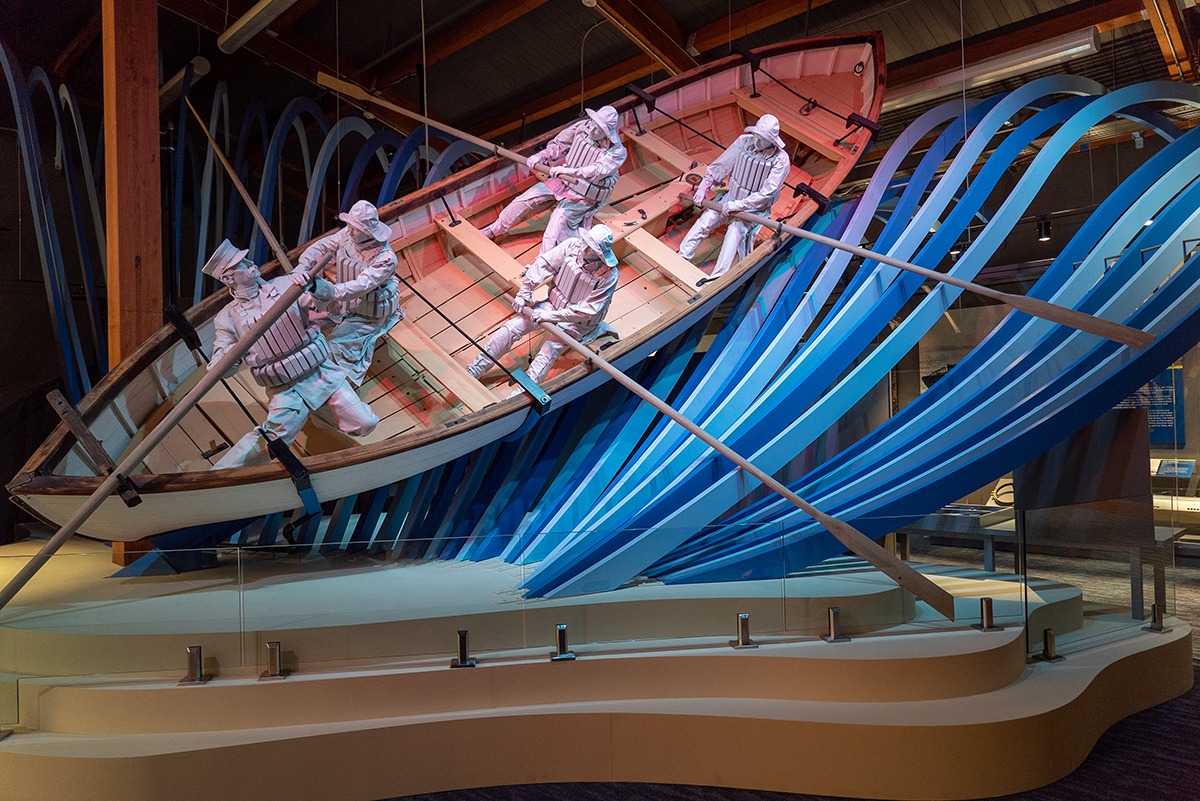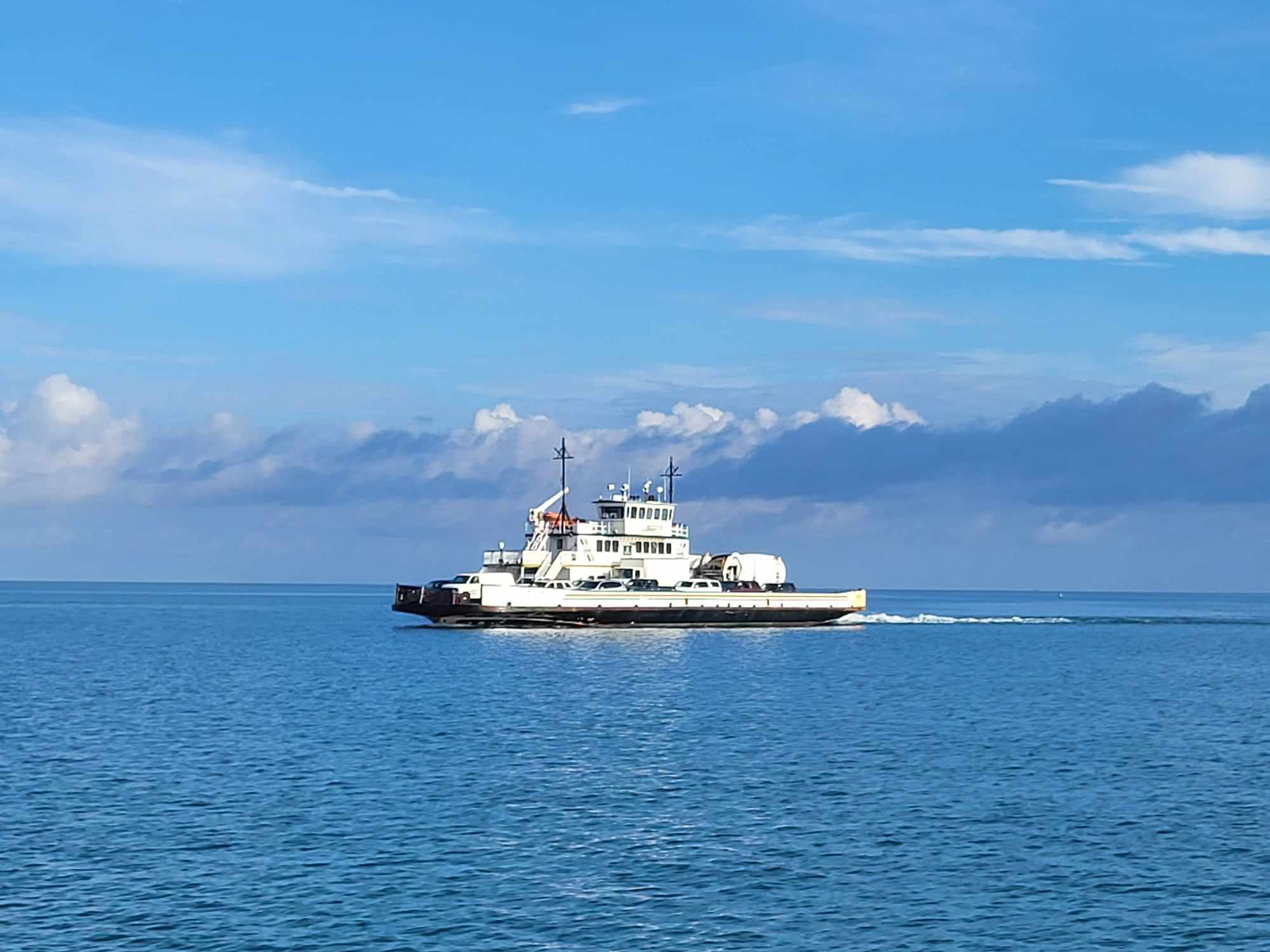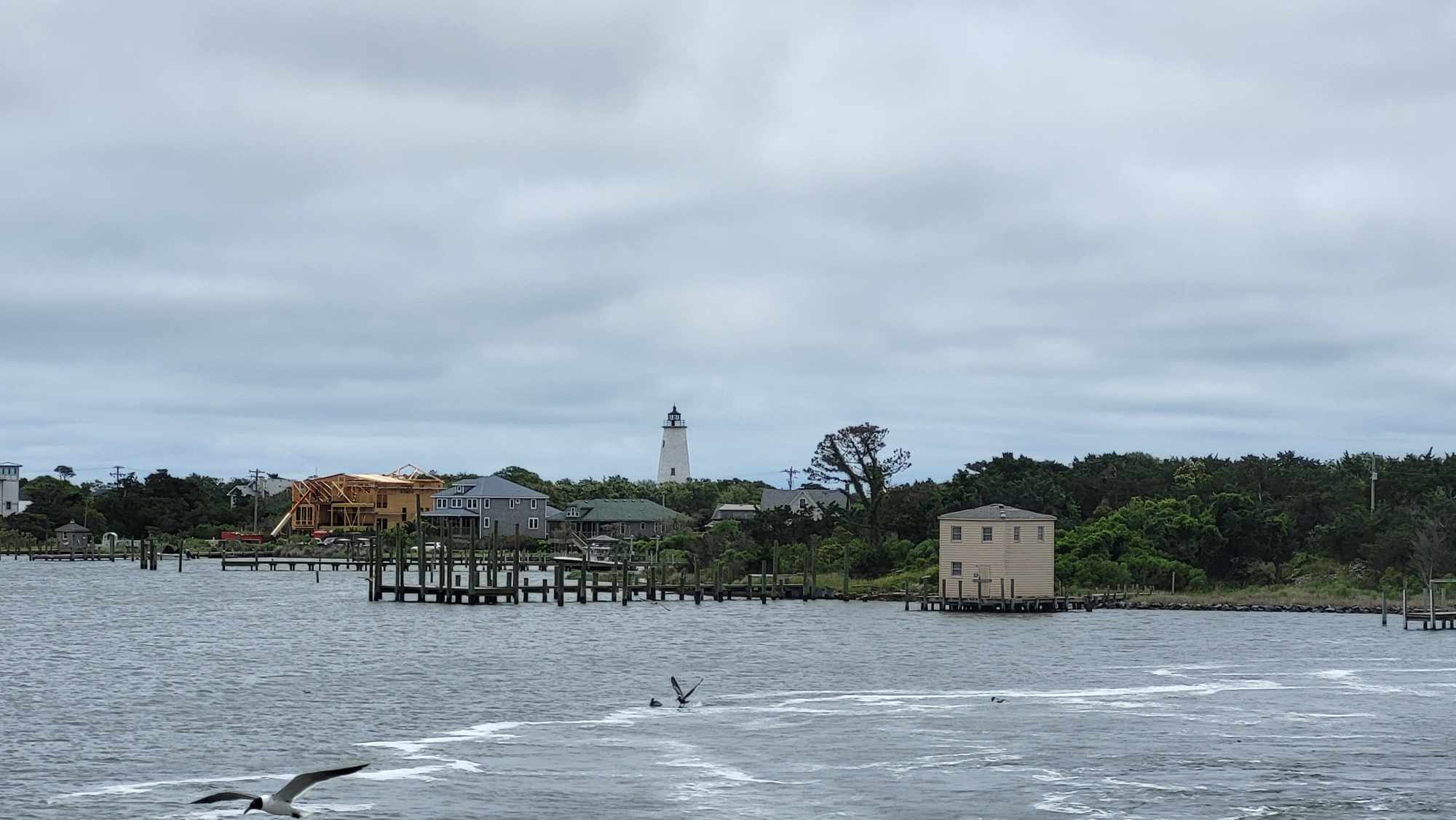Two special events will be held at the Pea Island Cookhouse in October
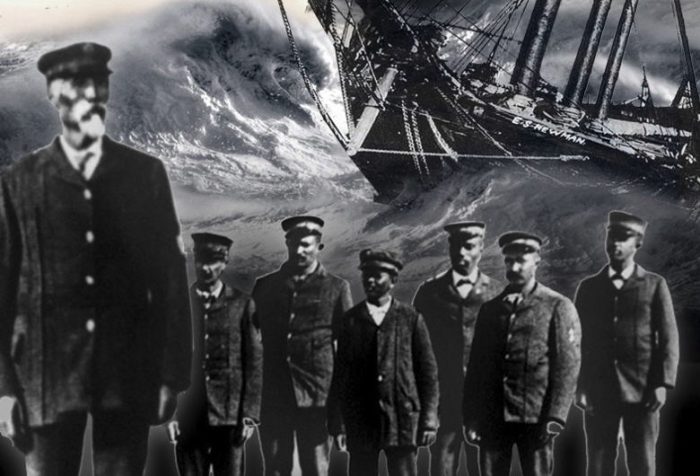
The Pea Island Preservation Society, Inc., (PIPSI) is pleased to announce two October events to be held at the Pea Island Cookhouse Museum located at Collins Park, 622 Sir Walter Raleigh Street in Manteo. The museum, which has been closed for the past few months as we prepare for future improvements, will be open to the public for these two special events.
The first event will be on Saturday morning, October 5, at 11 a.m. Michayla Cherichel, who has been working as an Interpretive Writer at the Fort Raleigh National Historic Site this summer, will talk about the Freedmen’s Colony on Roanoke Island, where thousands sought freedom and a better life during the Civil War. Over the course of her internship, Michayla, a recent Florida Agricultural and Mechanical University graduate, has taken a particular interest in the impact of the New Social Order and its influence on the education administered by the missionary teachers who taught in the Freedmen’s Colony. In her programs, she encourages her audiences to reflect on the divergences between intent and impact and to consider how commendable efforts can sour when fueled by problematic ideologies.
The story of the Freedmen’s Colony intersects with the powerful story of Keeper Richard Etheridge who grew up enslaved on Roanoke Island. On January 24, 1880, Etheridge became the nation’s first Black commander in the U.S. Life-Saving Service (USLSS) when he took charge of the Pea Island station. Several surfmen who served at the historic Pea Island station were also descendants of those who lived in the Freedmen’s Colony. If you have not heard Michayla’s talk you are in for a special treat!
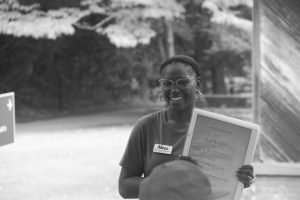
Michayla will give her October 5th talk from the porch/steps of the Cookhouse Museum and afterward, the museum will be open to visitors. Members of the PIPSI Board, who are also descendants of the Pea Island lifesavers, will also be present to talk about the history of the station. The museum is in the original Cookhouse building once located at Pea Island, a small building where surfmen who worked at the last station built in the 1930s cooked and ate their meals.
On the weekend of October 11-13, 2024, our friends at the Chicamacomico lifesaving station in Hatteras will also be celebrating the 150th anniversary the USLSS was established on the Outer Banks. We encourage you to visit the Chicamacamico Historic Site web page to learn more about this celebration, and we hope to see you there! In support of this event, the Cookhouse Museum will be open to the public on the afternoon of Sunday, October 13th, from 3-5 pm.
This will allow those attending the 150th-anniversary celebration on Hatteras Island to also visit the Cookhouse on Sunday afternoon. Sunday afternoon is also the perfect time to remember the most famous rescue Etheridge and his crew are known for, the October 11, 1896, rescue of nine on board the shipwrecked E.S. Newman. This rescue, which resulted in all nine on board being saved during a hurricane, is one of the most daring rescues in USLSS history.
However, Etheridge and his crew never lived to know of any recognition. In March 1996, one hundred years after the rescue was performed, Keeper Richard Etheridge and the Pea Island Lifesavers were posthumously awarded the prestigious U.S. Coast Guard Gold Lifesaving Medal. Their delay in receiving the award is attributed to the unfair treatment experienced by Blacks during their lifetime.
Although the Pea Island Station was not among the first group of lifesaving stations to open on the Outer Banks, it is important to remember the roles men like Richard Etheridge and others who were not white contributed to the history of the USLSS and the USCG. Before assuming command of the Pea Island station, Etheridge worked as a surfman at one of the first stations built on the Outer Banks, the USLSS Bodie Island station. In addition, the history of racially mixed lifesaving stations on the Outer Banks, known as checkerboard stations, or as stations with checkerboard crews, portrays the story of men like Etheridge who was enslaved, and others who were descendants of the enslaved who bravely helped save lives of those in peril at sea.
The Cookhouse Museum at Collins Park also includes a prominent life-sized bronze statue of Etheridge at the street roundabout and a boathouse to honor Herbert M. Collins next to the museum. In January 1880, Etheridge began a 67-year period at the Pea Island station, which was commanded and staffed primarily by Blacks. In March 1947, Collins, who grew up on Roanoke Island longing to wear a surfman’s uniform one day, helped decommission the station as he shut and locked the doors and turned in the keys to the Pea Island station for the last time.


